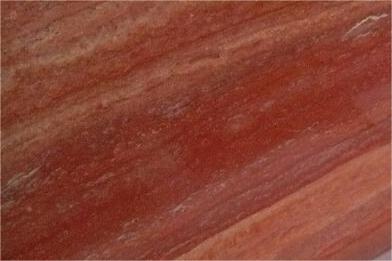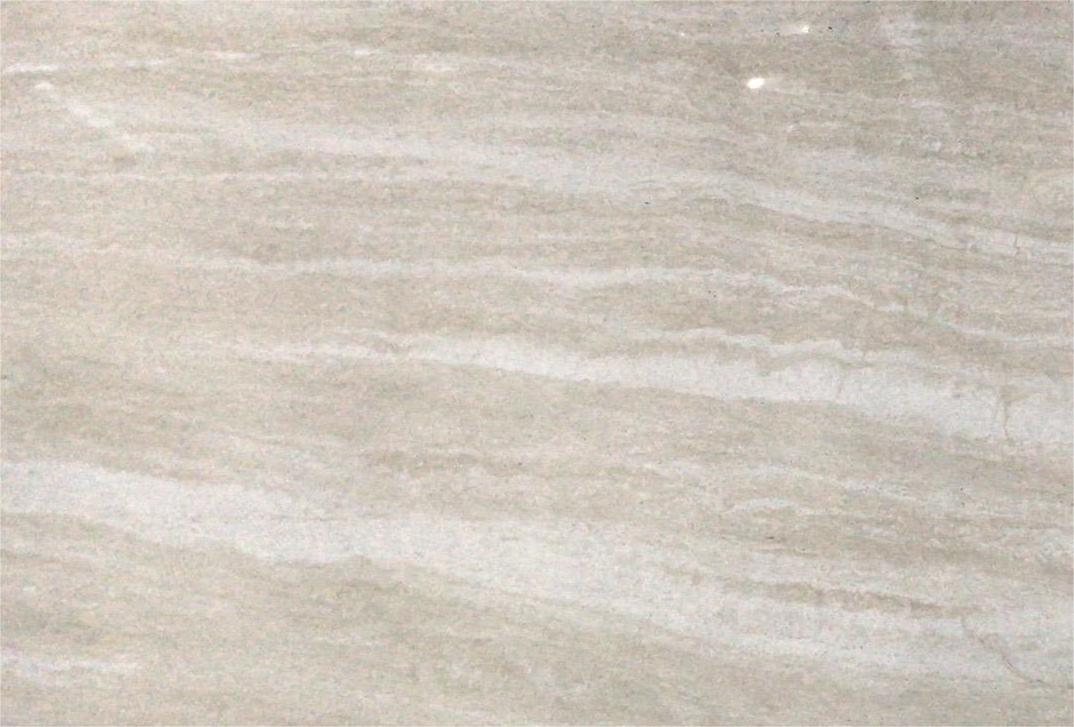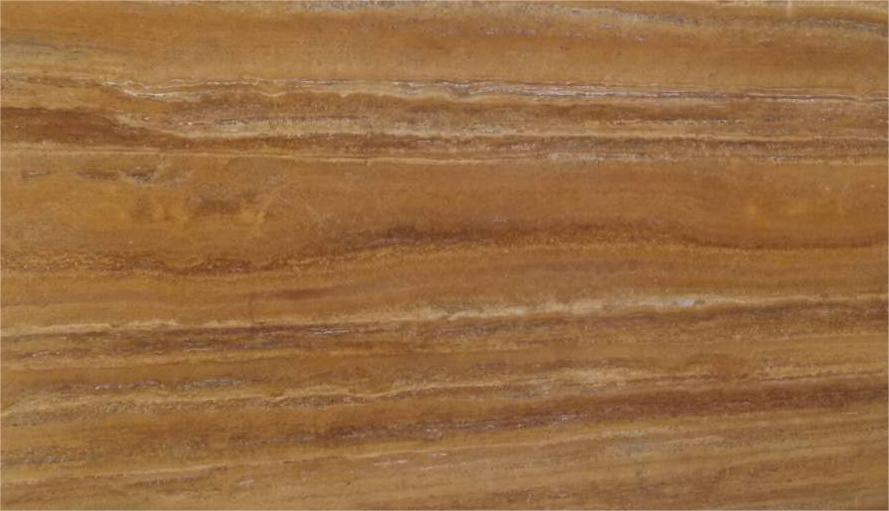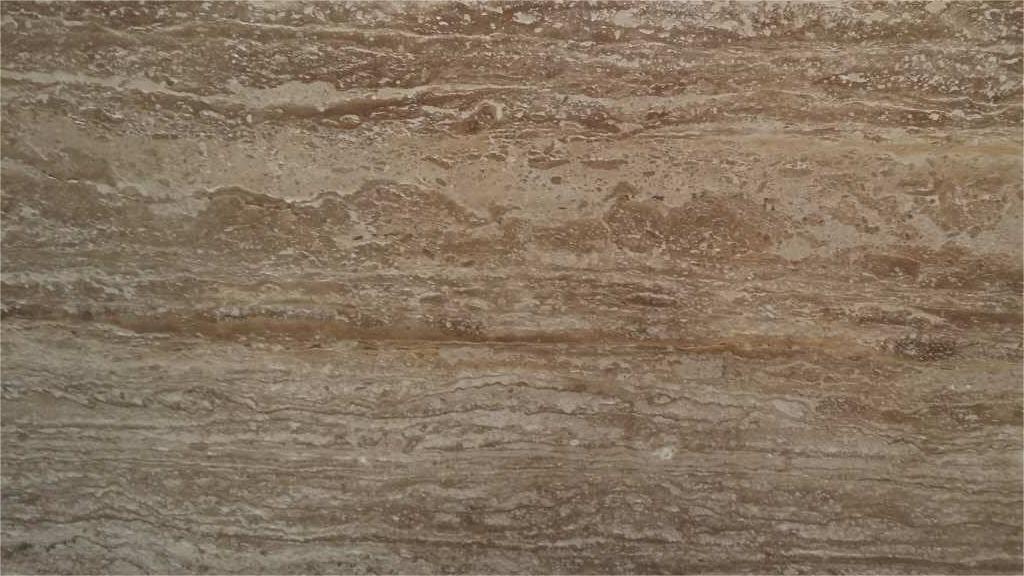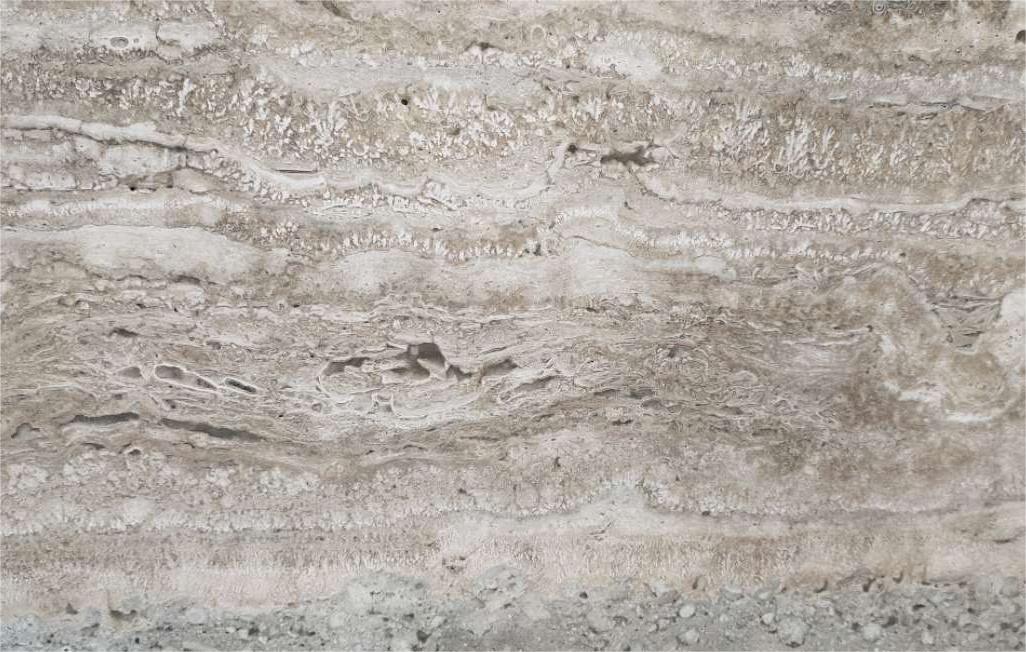Travertine Slab: Introduction, Definition and Features
Travertine Slab is a stone product formed from calcium carbonate deposits whose unique appearance and natural variations make it ideal for many architectural and decorative projects. Travertine Slab has many characteristics, including its durability, texture, warm appearance and easy damage characteristics. Below we will learn more about the characteristics of Travertine Slab.
Durability: Travertine Slab is a relatively hard and durable stone. Due to its high density and hardness, it can withstand a lot of gravity and use for a long time. However, unlike other stones, Travertine Slab can become brittle over time. This is due to its unique physical properties, which are easily damaged by chemicals with high acid content.
Appearance: Travertine Slab looks very much like marble, but it is actually a stone with unique grain and natural variations. It can vary in color from beige, red, and brown to yellow, green, and blue. The porosity and natural fractures in the Travertine Slab are its signature features and can enhance its aesthetic value.
Properties: Since Travertine Slab is a natural stone, the properties of each stone are unique. This uniqueness can provide additional creative space for designers and decorators, injecting more unexpected elements while matching the beauty of nature. Travertine Slab features unique natural patterns and colors that add visual appeal in interior and exterior trim.
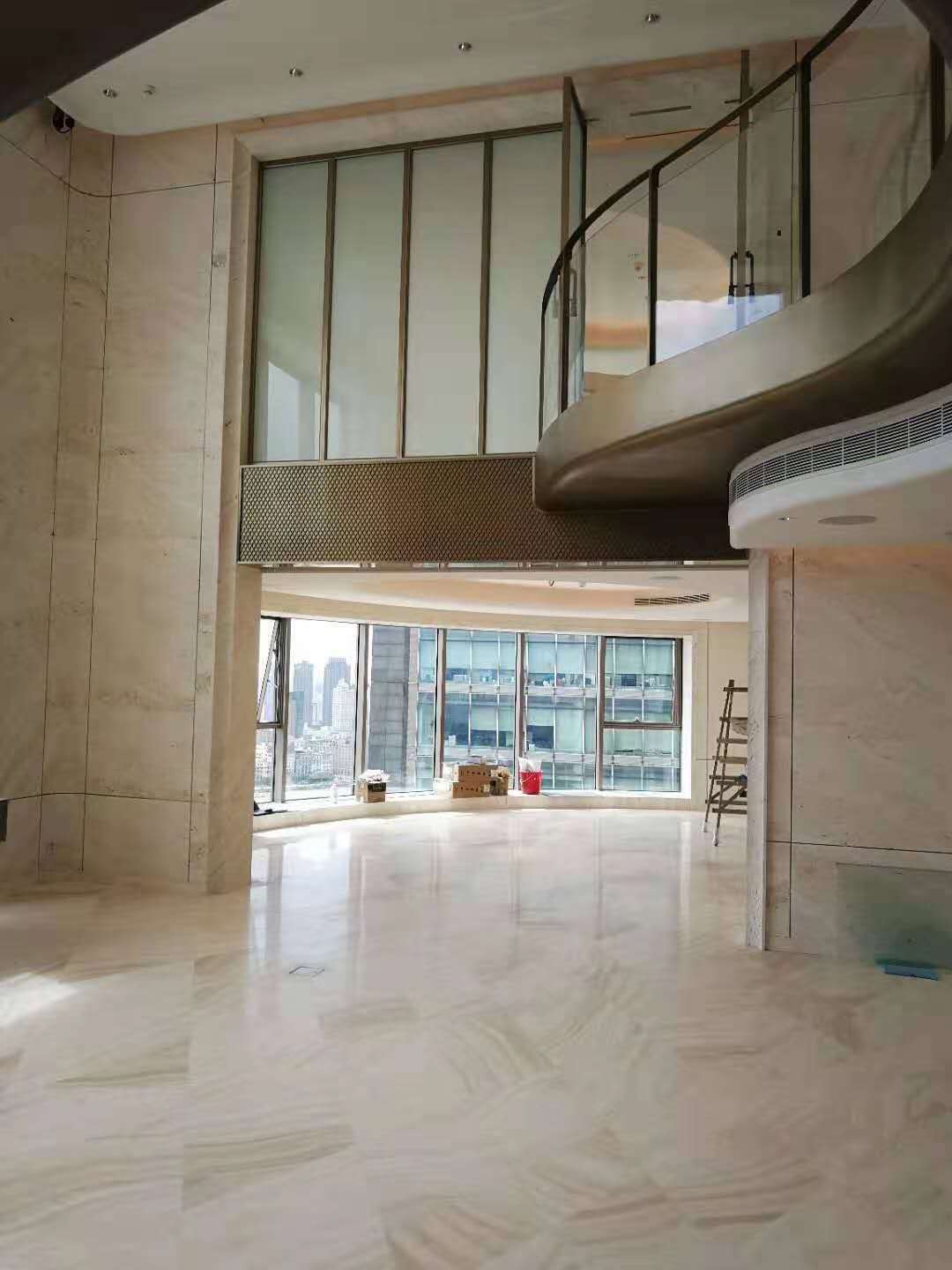
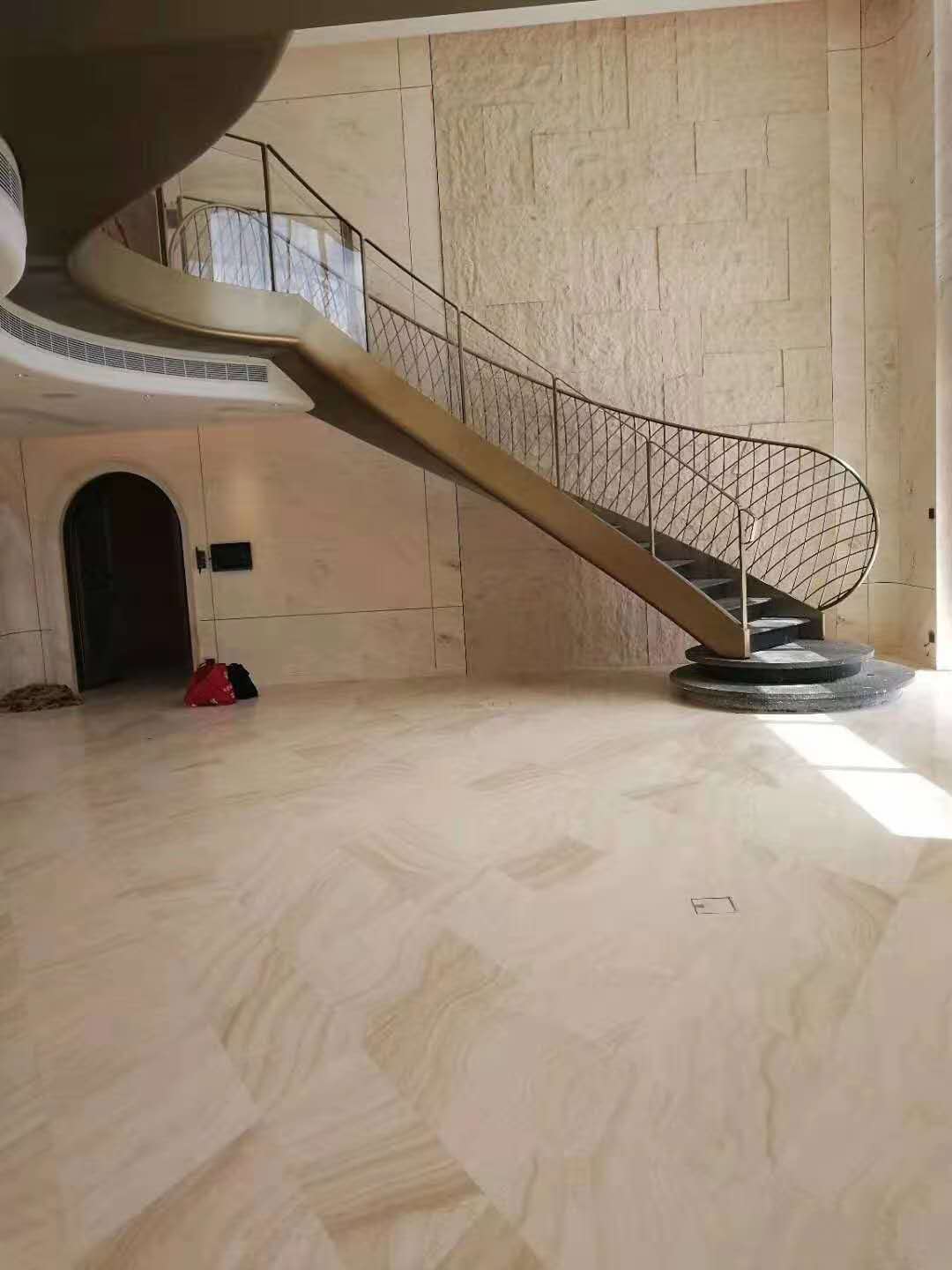
Travertine Slab: Features, Benefits and Applications
The natural properties of Travertine Slab are perfect for both outdoor and indoor decor. This stone has many advantages such as unique appearance, durability and softness. Below we will further explore the advantages and applications of Travertine Slab.
Properties
Travertine Slab is a natural stone and each stone has unique properties and appearance. This uniqueness makes Travertine Slab even more popular because it can bring a one-of-a-kind decorative effect. The natural pores and cracks of Travertine Slab give it a unique texture and visual appeal, making it ideal for pairing with concrete, wood, and other materials.
Advantages: Travertine Slab has many advantages such as its durability, softness and unique natural appearance. These advantages make Travertine Slab an ideal stone for both indoor and outdoor use. Travertine Slab is resistant to scratches, discoloration and aging, so it can be widely used in interior decoration, floor and wall construction.
Application: Travertine Slab has a wide range of applications in different architectural, decorative and interior scenarios, such as bathroom floors, restaurant walls, pool edges and on roofs. Travertine Slab is also suitable for the decoration of outdoor spaces such as garden paths, outdoor pathways, porches and balconies, adding value and attractiveness to the home.
Travertine Slab: classification, scope of application and care
The classification, scope of application and maintenance of Travertine Slab also need to be understood.
Classification: According to the treatment method and surface production of Travertine Slab, it can be classified into insulation board, dry grinding board, sandblasting board and inlaid board, etc. These classifications can meet different architectural decoration needs.
Scope of application
Travertine Slab is suitable for indoor and outdoor decoration, and the size of the space and layout is not limited. For exterior decoration, Travertine Slab can be used on garden paths, porches, balconies, pool edges and more. In the interior decoration, it is the floor, wall, kitchen countertop, bathroom tile and so on.
Maintenance: Travertine Slab is a easily damaged stone, so maintenance is very important. Cracks and cracks should be checked regularly to avoid entry of substances such as dirt and dust. Wash with mild detergent and avoid highly acidic chemicals. Sealing is done regularly to keep moisture and chemicals out of the cracks and pores in the stone’s surface that can harm the stone’s interior and exterior. The quality of maintenance will affect the service life and aesthetics of Travertine Slab.
In conclusion, as a natural stone, Travertine Slab is ideal for architectural decoration due to its unique natural grain, durability and softness. When choosing Travertine Slab, choose different classifications and sizes according to different usage scenarios and needs, and at the same time pay attention to maintenance to ensure the safety and sustainability of use.
Related Products

